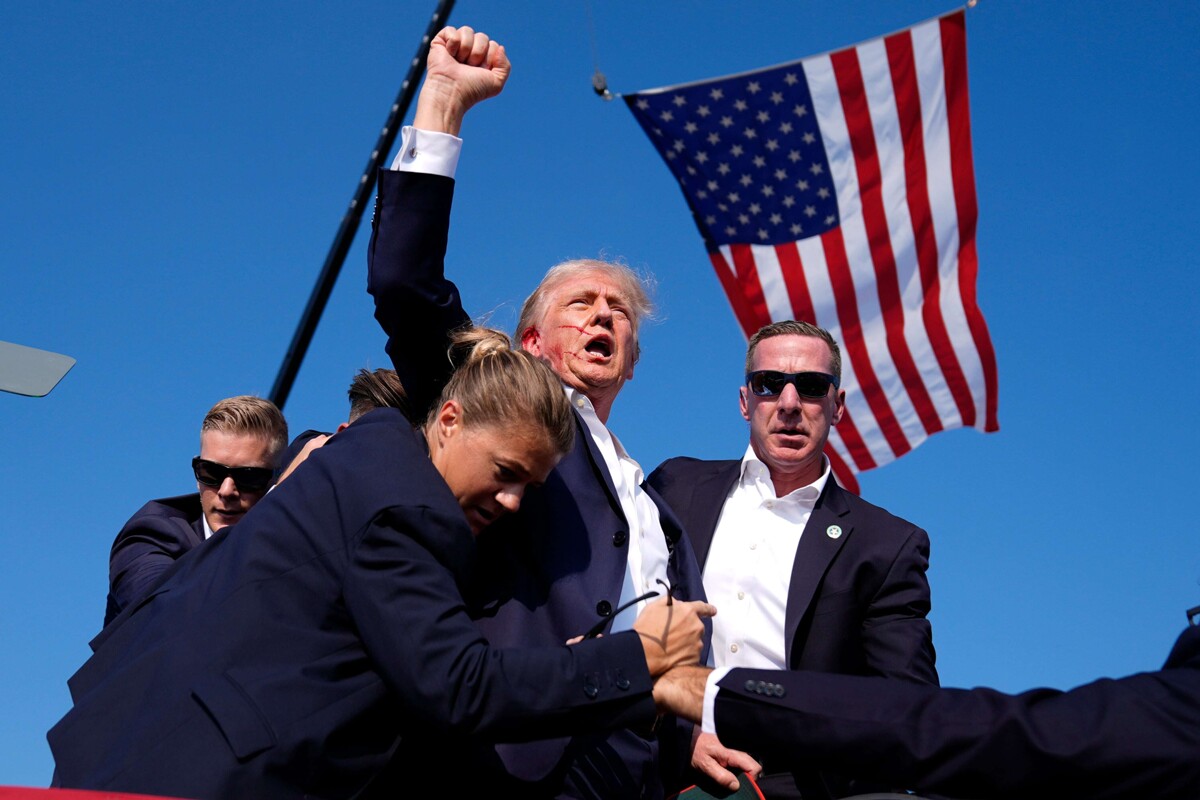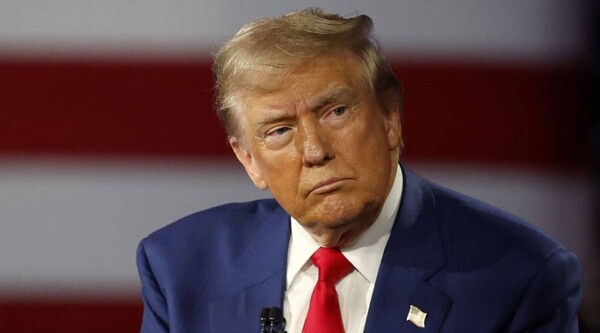
Donald Trump's controversial plan to reinterpret the 14th Amendment of the Constitution faces serious legal challenges. Despite this, the former president claims he can implement it through an executive order. With the House of Representatives controlled by the Democrats, some of his initiatives could be blocked, suggesting a second term as polarizing as his first in the White House.
Regarding the specific measures Trump plans to implement, his intention to restrict the participation of transgender women in women's sports to preserve fairness in sports stands out. His supporters see this as an attempt to restore greatness to the United States, while his critics fear it will deepen social divisions and erode fundamental rights.
Internationally, Trump's return has generated diverse reactions, with allies and multilateral organizations expressing concern over possible decisions in foreign policy, such as withholding support for Ukraine and trade conflicts with Mexico.
Although Trump insists he will fulfill his promises immediately, many of his plans face significant legal obstacles. Among these measures is the pardon for those accused of the Capitol assault, which has generated criticism and concern. Additionally, Trump has reaffirmed his intention to eliminate automatic citizenship rights for children of immigrants born in U.S. territory.
The former president also intends to impose additional tariffs on Mexican products, incentivize the domestic automotive industry, and reverse the immigration policies implemented by his successor, Joe Biden. These proposals have sparked debate on various issues in American society, including the rights of transgender people.
Historically, Trump will become the 47th president of the United States when he assumes office again on January 20, 2025. His return to power marks the beginning of a divisive agenda both domestically and internationally, with key promises that include canceling plans for electric cars, ending the conflict in Ukraine, and promoting oil and gas drilling, among other controversial points.














